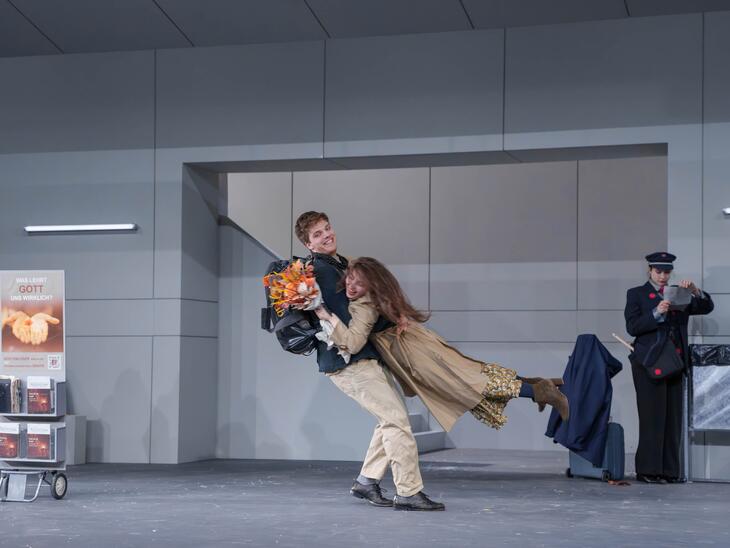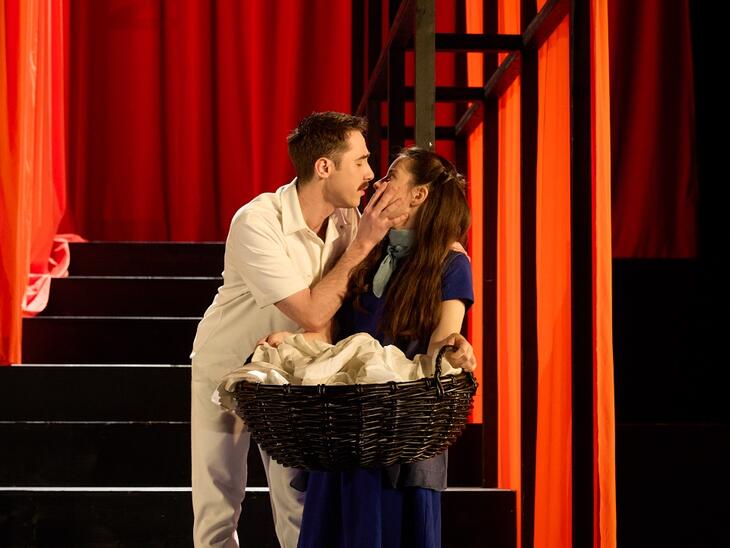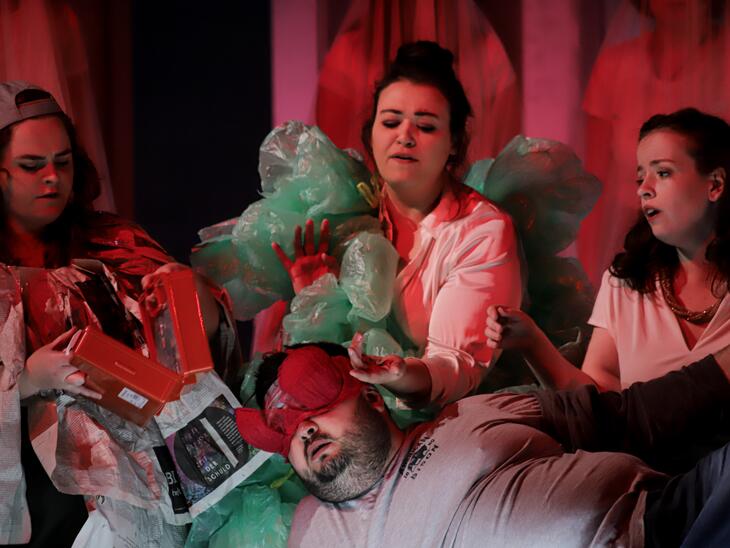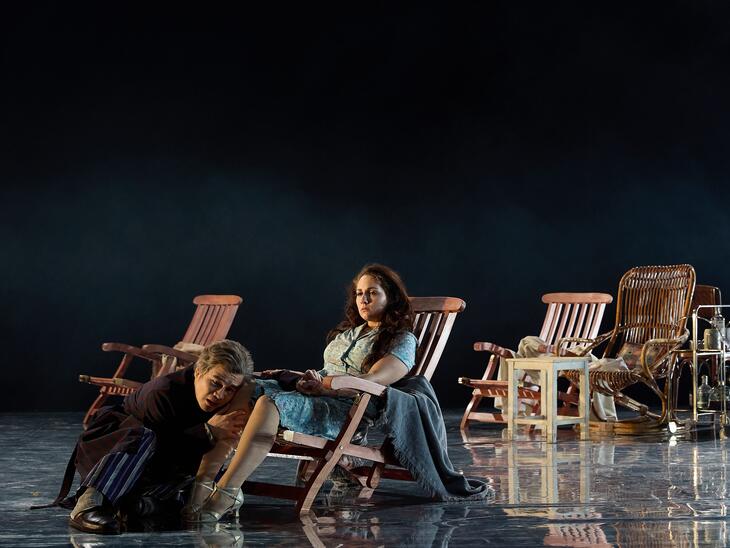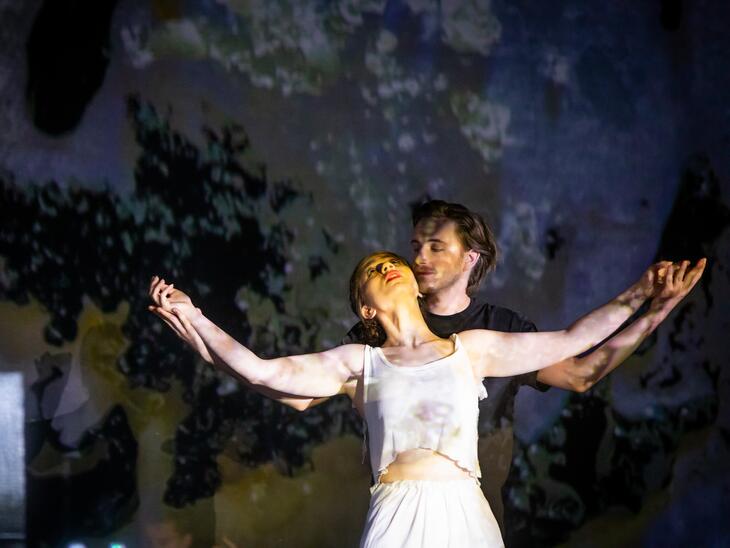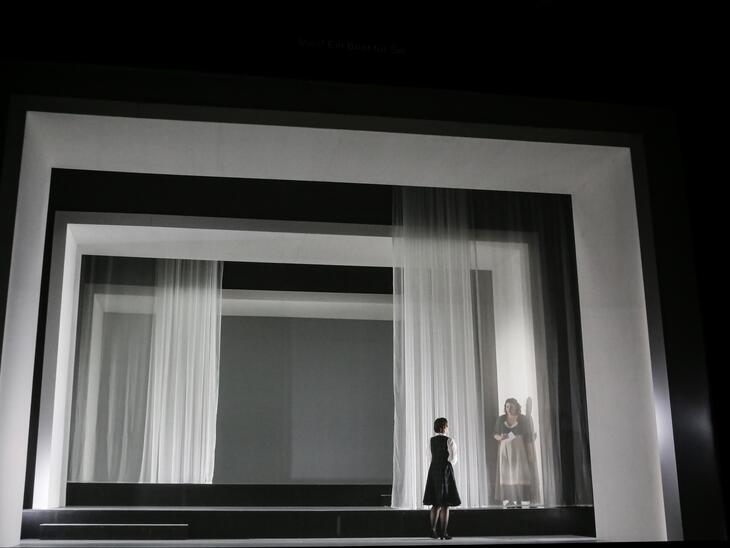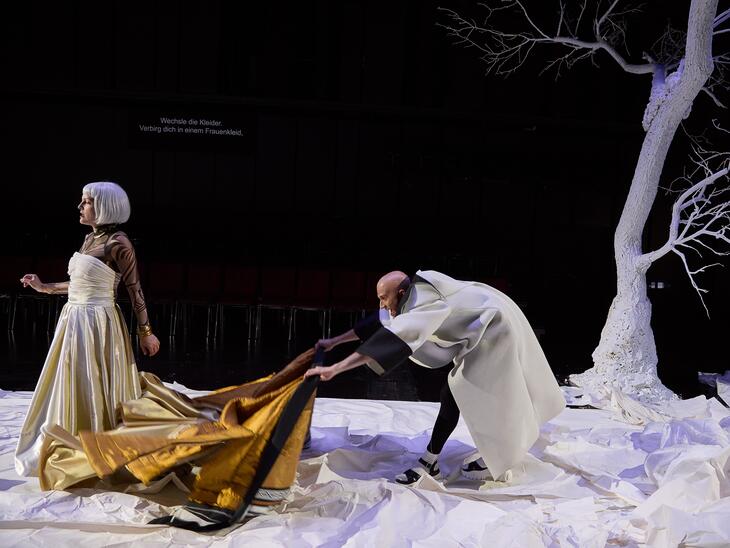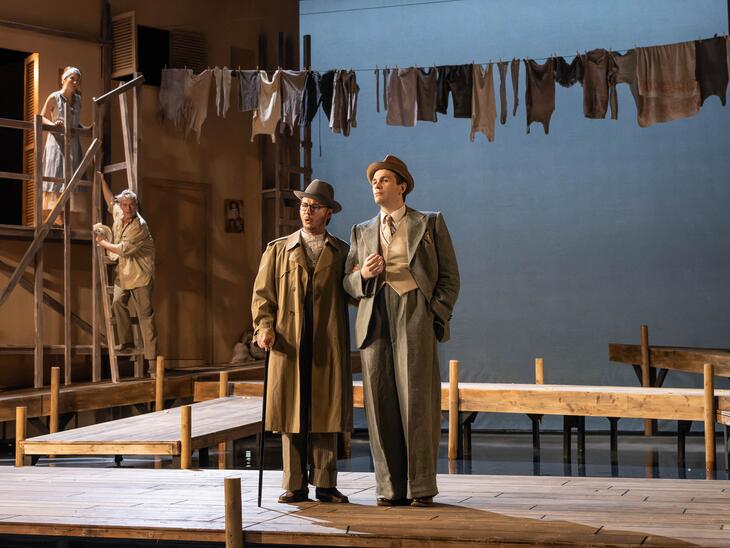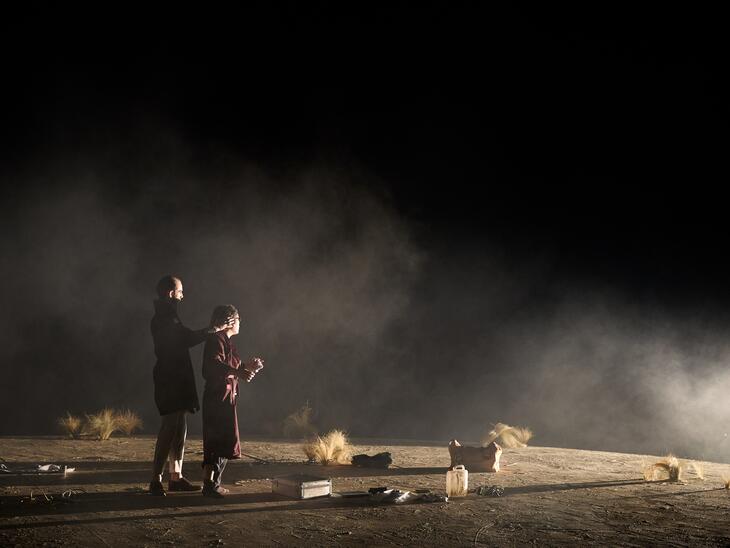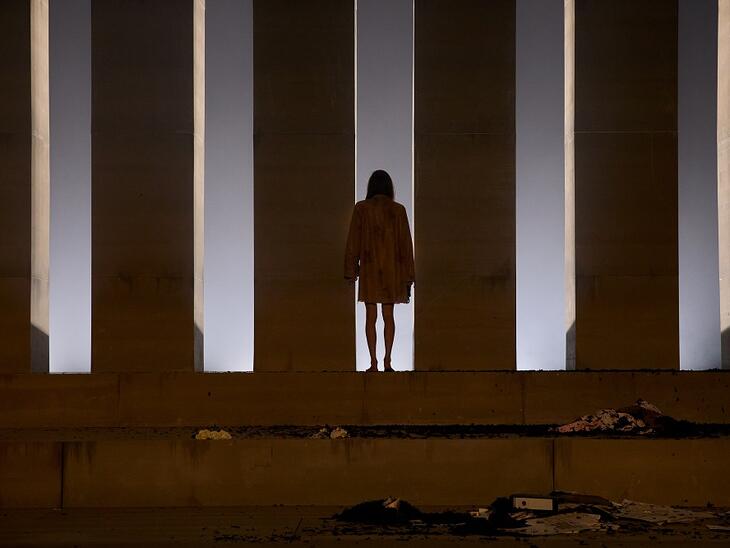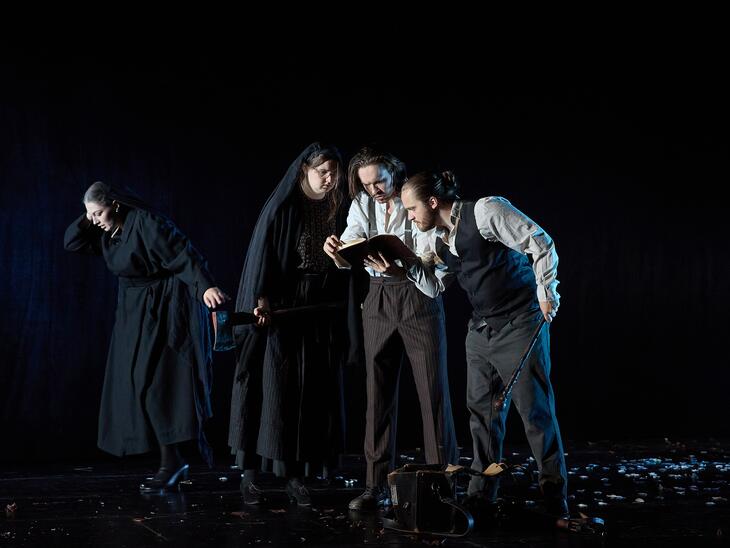
Mozart's opera Don Giovanni deals with the mythologically charged subject of the womaniser and libertine Don Juan. The focus is on an unscrupulous nobleman who lives excessively, seduces women and even murders – until he is finally brought to account by a higher power. The story is deeply rooted in moral issues and raises questions of guilt, abuse of power and punishment.

